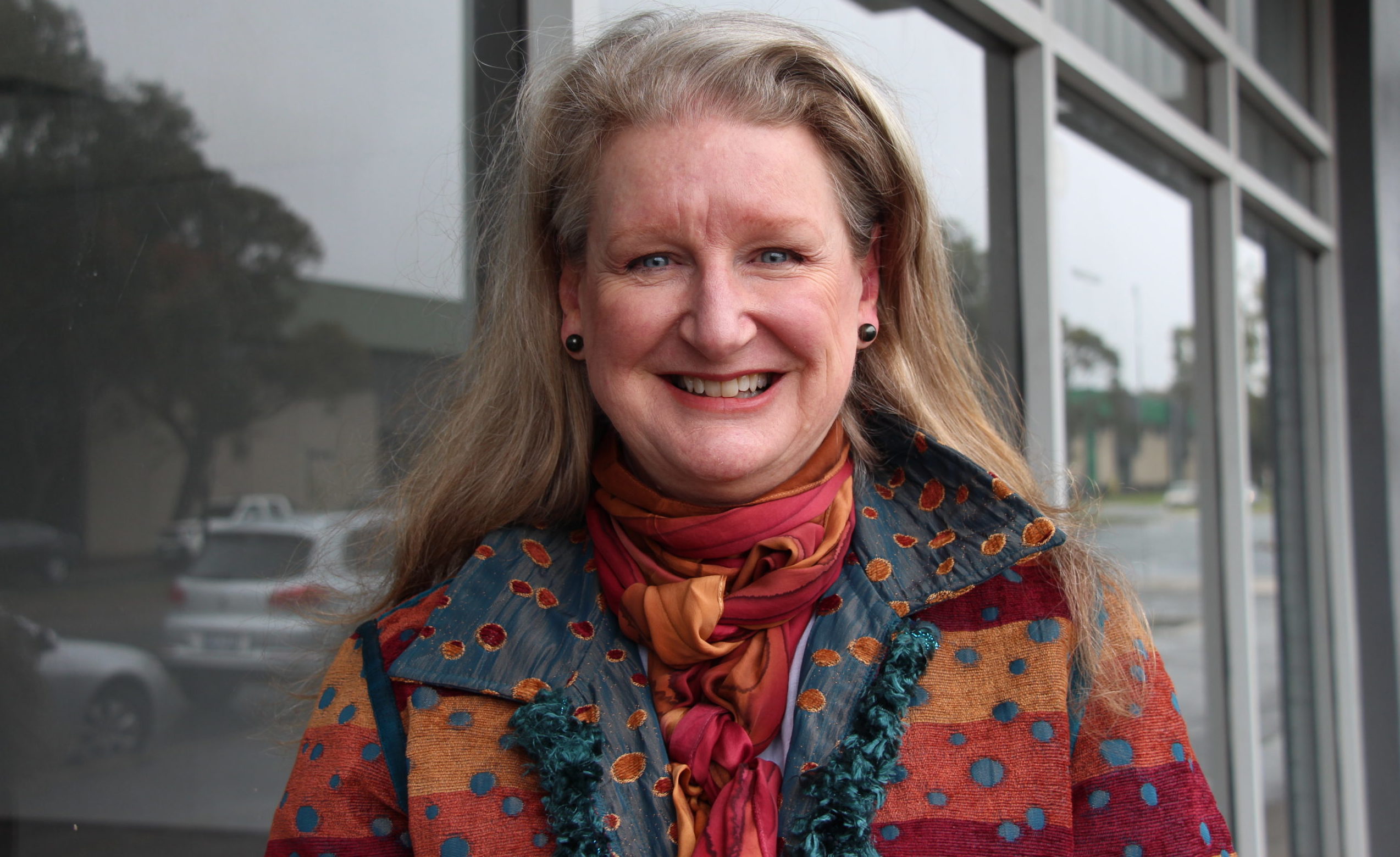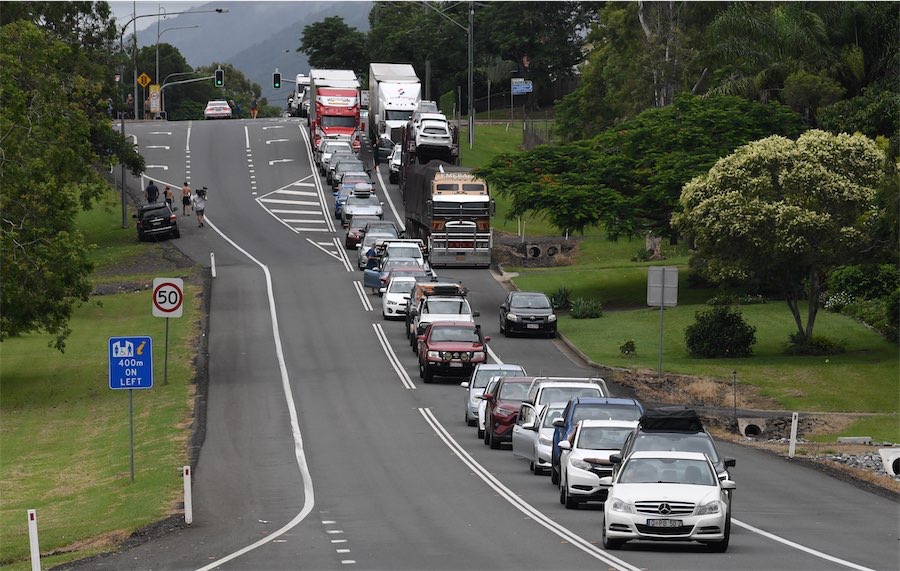
DESPITE remarks from ACT Labor about Canberra’s “glowing” NAPLAN results, there is credible evidence showing that ACT schools are not doing as well as they should, says Dr Karen Macpherson.
The retired academic and mother says she’s been concerned for a long time about a systemic problem in ACT education, which she says won’t go away until it’s investigated by the government.
An investigation promised by ACT Labor in the lead up to the 2016 election, seemingly hasn’t gone anywhere.
The party had promised to establish a project to “more comprehensively investigate the effectiveness of alternative teaching methods, including teacher-led education, and to assess whether these approaches can improve ACT student outcomes”.
ACT Labor has not responded to a “CityNews” enquiry if the project ever came to fruition.
“I think, as a government, it’s much nicer to be able to say ‘look how wonderfully we’re doing’. It’s a lot harder to acknowledge that there’s a systemic problem that needs fixing,” she says.
The chronic underperformance of ACT schools is not just an anomaly, says Karen, who points to five credible studies that all come to a similar conclusion.
These studies from the Australia Institute, the Grattan Institute, ANU, the ACT auditor-general and Victoria University, which was a study commissioned by the ACT Education Directorate, all found the same issues, she says.
“These studies are confirming that it’s not just a one-off bad year from the ACT, they all prove that there is a longstanding systemic problem in terms of ACT performance, particularly in numeracy and the gap is getting wider in high school,” she says.
“If you compare the average performance of the ACT, for example, with the average performance of the schools in NSW, it’s comparing apples to oranges.
“There are pockets of disadvantage in the ACT but compared to state or territory, it’s minimal. So to say that we’re doing really well in NAPLAN and compare us to all of NSW or all of Queensland, for example, with their areas of disadvantage, remote schools and the disadvantages that definitely arise from that, it’s not fair to compare our average.
“The only way to know how we’re really doing is to compare to other areas with a similar index of community socio-educational advantage.”
When compared to other jurisdictions that are similar to the ACT, Karen says ACT public schools don’t perform anywhere near as well as they should.
“But why don’t we? That’s the big question,” she says.
“It is a concern to an educator like me and it should be a concern to parents that if the NAPLAN results for where we live in Canberra and the ACT are consistently lower than all other Australian jurisdictions that are similar to us, there must be something that needs fixing.”
However, Karen says nothing is going to be fixed until an investigation that shows what needs improving.
“Unless we have an inquiry or an investigation of the system and the possible causes for the underperformance, we’re not going to know so we’re left guessing,” she says.
She says ACT Labor continues to downplay the importance of NAPLAN, with Education Minister Yvette Berry, in August, saying it places unfair stress on students.
“Children only find NAPLAN and other tests stressful if their teachers and their parents make them feel worried. If you don’t make such a big thing of the NAPLAN test, children are fine,” Karen says.
“NAPLAN is an important way, it’s the only way that we have, at this stage, of determining how the schools are going with meeting the teaching objective and learning objectives in numeracy and literacy.”
While Karen admits she doesn’t have any insight into the ACT government’s thinking, she can’t help but ask why they would want NAPLAN to be changed or be significantly de-emphasised.
“I’m not damning the ACT government, I’m just saying they’ve known about this for a long time [and] the comparisons they’re using are not correct ones to show what our results are,” she says.
“The underperformance in primary schools is very clear in years three and five, by the time you get to high school, and the NAPLAN tests in years seven and nine, the gaps are wider.
“I think we owe a duty to our young people to give them the best education that a jurisdiction like ours can deliver.”
Who can be trusted?
In a world of spin and confusion, there’s never been a more important time to support independent journalism in Canberra.
If you trust our work online and want to enforce the power of independent voices, I invite you to make a small contribution.
Every dollar of support is invested back into our journalism to help keep citynews.com.au strong and free.
Thank you,
Ian Meikle, editor





Leave a Reply